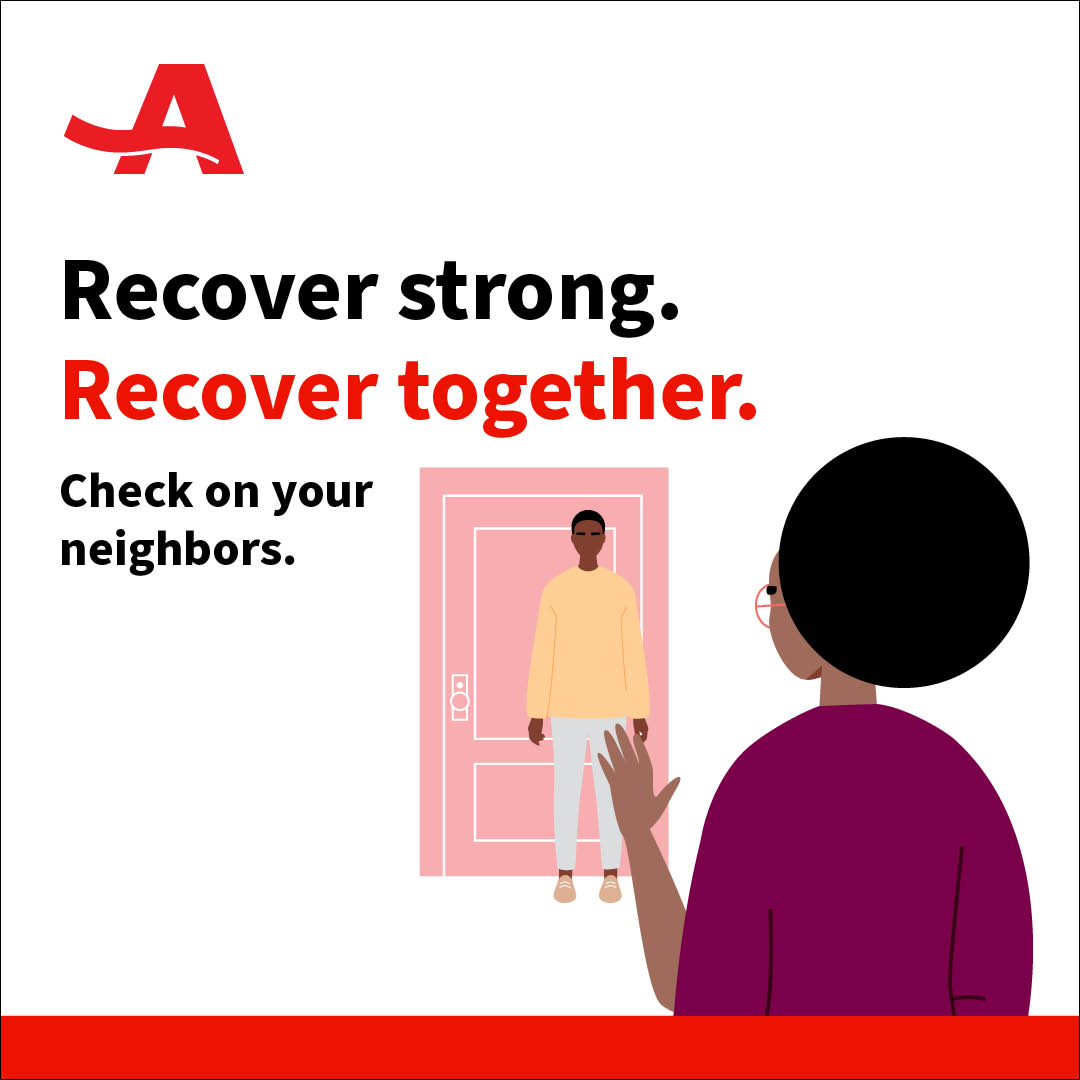AARP Hearing Center

In the wake of a storm, the first instinct is often to focus on our own immediate safety, damage, and recovery efforts. While it's essential to ensure that your home and family are secure, it's just as important to consider your neighbors—especially those who might need a helping hand.
Disasters like hurricanes, tornadoes, and floods can leave behind more than physical damage; they can also create a sense of isolation and vulnerability, particularly for those living alone, the elderly, or individuals with medical needs. Checking on your neighbors after a storm isn’t just an act of kindness—it’s a crucial part of community resilience.
Why Checking on Your Neighbor Matters
- Elderly or Disabled Neighbors May Need Assistance: Seniors or those with disabilities might face challenges in recovering from the aftermath of a storm. Whether it's clearing debris, securing medications, or simply getting the latest news, they could need a hand. A quick check-in can make sure they're okay and that they have access to essential supplies and services.
- Isolation Can Intensify After a Storm: In the aftermath of a disaster, many people feel isolated—especially those living alone. The storm might have knocked out phone lines, internet, or electricity, cutting off communication. Checking in helps restore a sense of connection and can ease feelings of anxiety.
- Medical Needs Can't-Wait: Neighbors with medical conditions might require urgent help in the event of power outages or limited access to transportation. A quick knock on the door can uncover whether they need help with things like getting to a pharmacy, accessing oxygen tanks, or securing other necessary medical supplies.
- Psychological Support is Key: Experiencing a storm can be traumatic, particularly for individuals who have lost property, pets, or even loved ones. Offering emotional support, whether through a short visit or a comforting phone call, can be a tremendous source of relief. Simple human connection can go a long way in mitigating stress and anxiety during difficult times.
How to Check on Your Neighbors
Checking in on your neighbors doesn’t have to be complicated or time-consuming. A quick visit, phone call, or text message can make all the difference. Here are a few ways to approach it:
- Call or Text: If phone service is available, a simple call or text is a fast way to reach out. Ask if they’re safe, if they need supplies, or if they’d like any help.
- Knock on the Door: If communication is down, physically checking in by knocking on their door can offer the reassurance they need. Respect their space but ensure they’re okay.
- Offer Help: If they’ve experienced damage or need supplies, offer to help with clean-up, provide food or water, or direct them to local resources like shelters or 211 services.
- Share Information: During storms, access to news may be limited. Share local updates, power outage statuses, or recovery resources you’ve learned through TV, radio, or online sources.































































